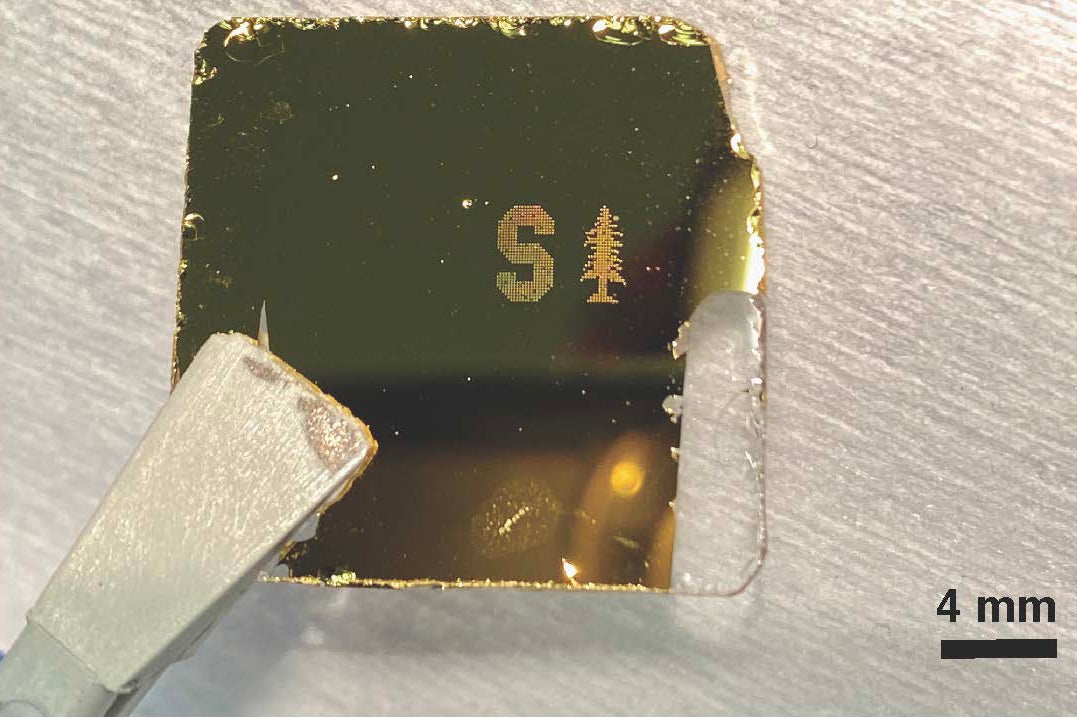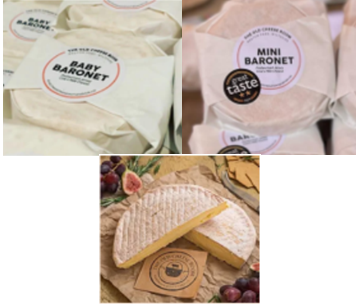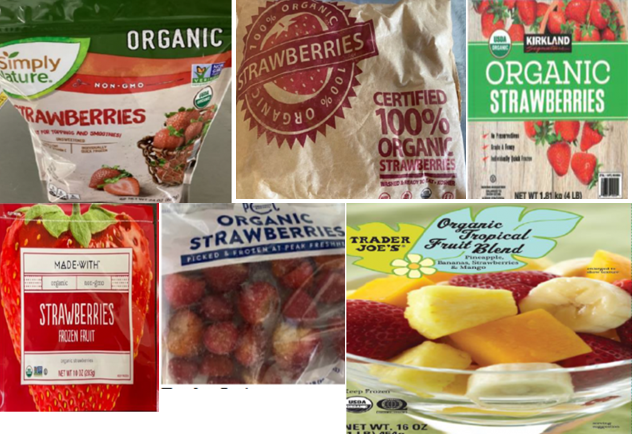In 2021, the FDA, with the CDC and state and local partners, investigated a multiple state outbreak of L monocytogenes infections linked to the consumption of Queso Fresco cheese, a variety of soft fresh QFT, that sickened 13 people. FDA inspection revealed potential contributing factors, including the failure to identify and implement appropriate controls for L. monocytogenes and the lack of environmental monitoring for pathogens in the facility. The outbreak resulted in 12 hospitalizations, 2 pregnancy losses, and 1 death in the United States. The FDA reported 5 outbreaks between 2014 and 2017 and an additional 12 outbreaks of listeriosis in the U.S. during 1998‒2014. Most of these soft cheese outbreaks (8/12) were associated with Soft Queso Fresco-type (QFT). Recent outbreaks have been caused by cheeses made from pasteurized milk that was contaminated during the cheese-making process. The FDA has developed this prevention strategy to reduce outbreaks and illnesses of listeriosis associated with soft, fresh QFT cheeses. The agency has identified measures to reduce future incidences of foodborne illness related to QFT, including: (i) Prioritize inspections with environmental sampling at QFT manufacturing facilities. (ii) Engage with state partners to increase the sampling of QFT cheese at retail operations in the U.S. for the presence of L. monocytogenes. (iii) Develop and distribute a publication that outlines the potential causes of recent listeriosis outbreaks in soft cheeses. (iv) Disseminate training and education materials to producers and consumers of soft fresh QFT. @ https://www.fda.gov/food/new-era-smarter-food-safety/summary-fdas-strategy-help-prevent-listeriosis-outbreaks-associated-soft-fresh-queso-fresco-type
The FDA has developed this prevention strategy with the goal of reducing outbreaks and illnesses of listeriosis associated with soft fresh QFT cheeses. L. monocytogenes can cause a severe infection, sometimes leading to death, in susceptible populations.
ruth
Stanford News reported an innovative adaptation of the technology in an old inkjet printer plus AI-assisted imaging resulting in a faster, cheaper way to detect bacteria in blood, wastewater, and other fluids. The technology involves shining a laser on a drop of fluid, and the light reflecting can be used to identify bacteria in the sample positively. The new test can be done in minutes and, as a result, can allow faster diagnosis. The technology involves printing thousands of tiny dots of sample by modifying a printer to put tiny samples to paper using acoustic pulses. At that scale, the droplets are so small they may hold just a few dozen cells. The sample is infused with gold that attaches to bacteria if present, as a result drawing the laser light toward the bacteria and amplifying the signal some 1500 times its unenhanced strength. Machine learning is used to identify bacteria. @ https://news.stanford.edu/2023/03/02/new-way-identify-bacteria-fluids/
An innovative adaptation of the technology in an old inkjet printer plus AI-assisted imaging leads to a faster, cheaper way to spot bacteria in blood, wastewater, and more.
ruth
The FSA reported that the Old Cheese Room extended its recall of Baronet, Baby Baronet, and Mini Baronet Soft Cheeses to include additional batches due to Listeria monocytogenes found in @ https://www.food.gov.uk/news-alerts/alert/fsa-prin-07-2023-update-1
ruth
The FDA reported that Scenic Fruit Company (Gresham, Oregon) recalled frozen organic strawberries sold to Costco, Aldi, KeHE, Vital Choice Seafood, PCC Community Markets, and frozen organic tropical blend sold to Trader Joe’s due to an outbreak of Hepatitis A illnesses. Although Hepatitis A has not been detected in this product, out of an abundance of caution, consumers should stop consuming the product and return it to their local store for a refund. Scenic Fruit Company has ceased the production and distribution of the product. The FDA and the company continue investigating what caused the problem. All inventories of the affected lot should be removed from sale. @ https://www.fda.gov/safety/recalls-market-withdrawals-safety-alerts/updated-scenic-fruit-company-recalls-frozen-organic-strawberries-and-frozen-organic-tropical-blend?utm_medium=email&utm_source=govdelivery
Scenic Fruit Company of Gresham, Oregon is recalling frozen Organic Strawberries sold to Costco, Aldi, KeHE, Vital Choice Seafood, PCC Community Markets and frozen Organic Tropical Fruit Blend sold to Trader Joe’s due to an outbreak of Hepatitis A illnesses. Hepatitis A is a contagious liver disease




